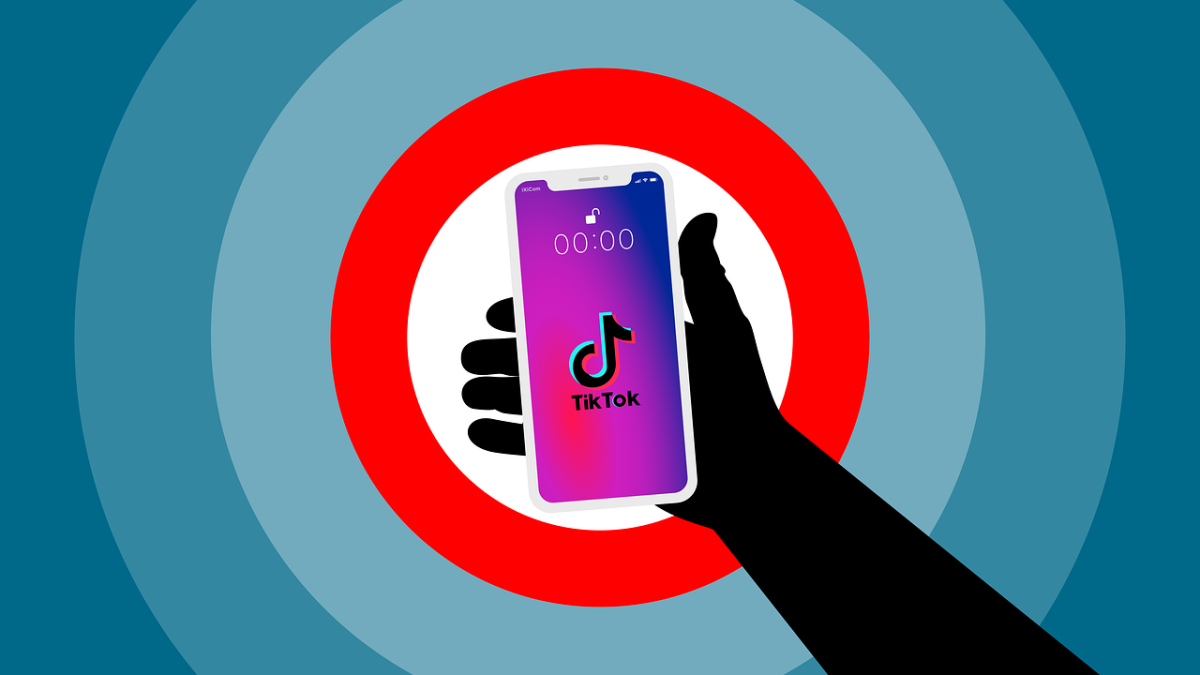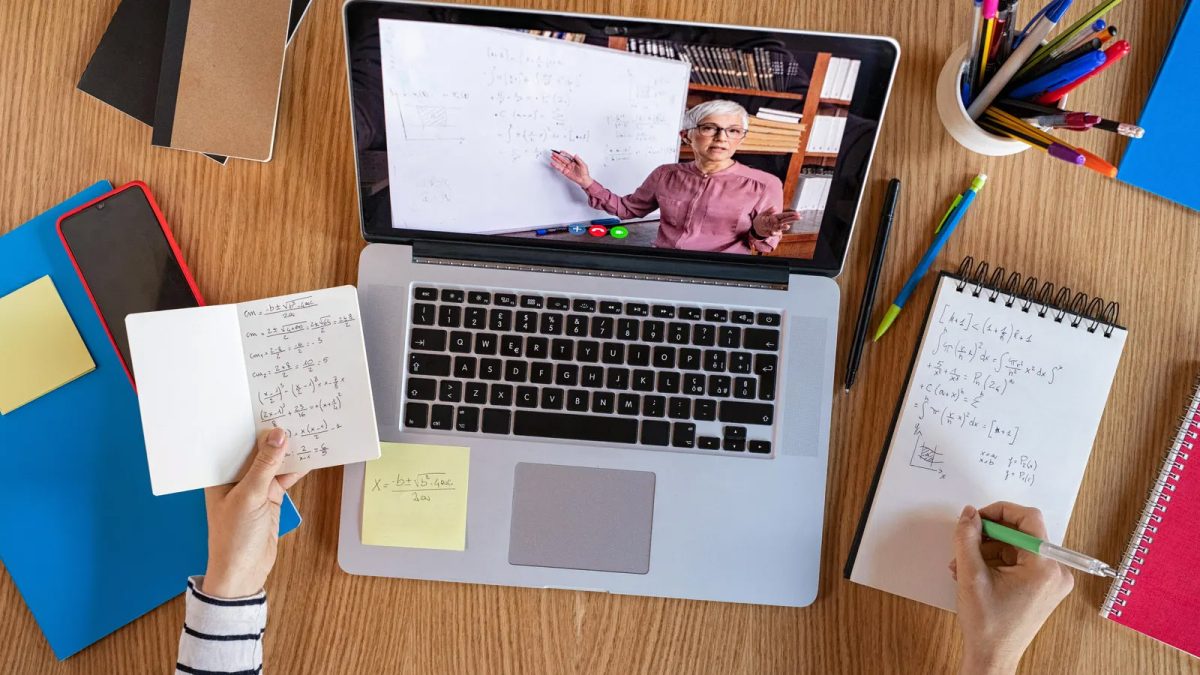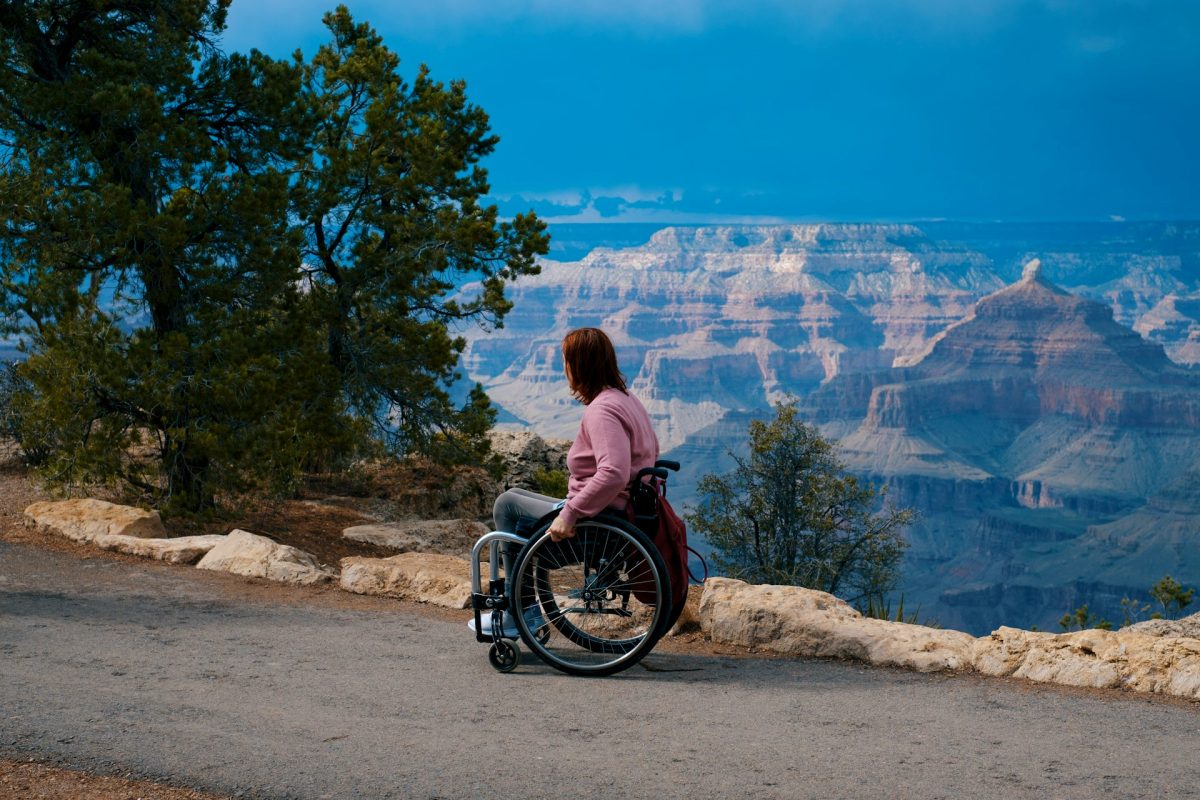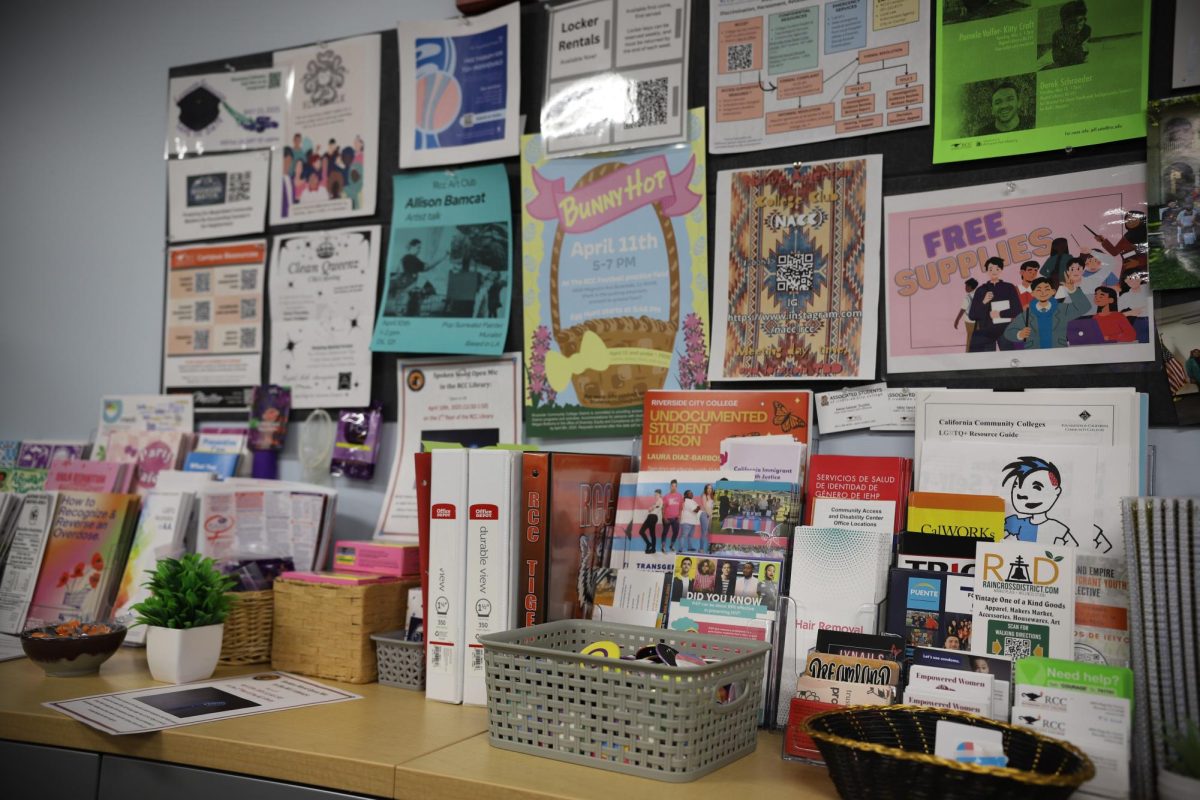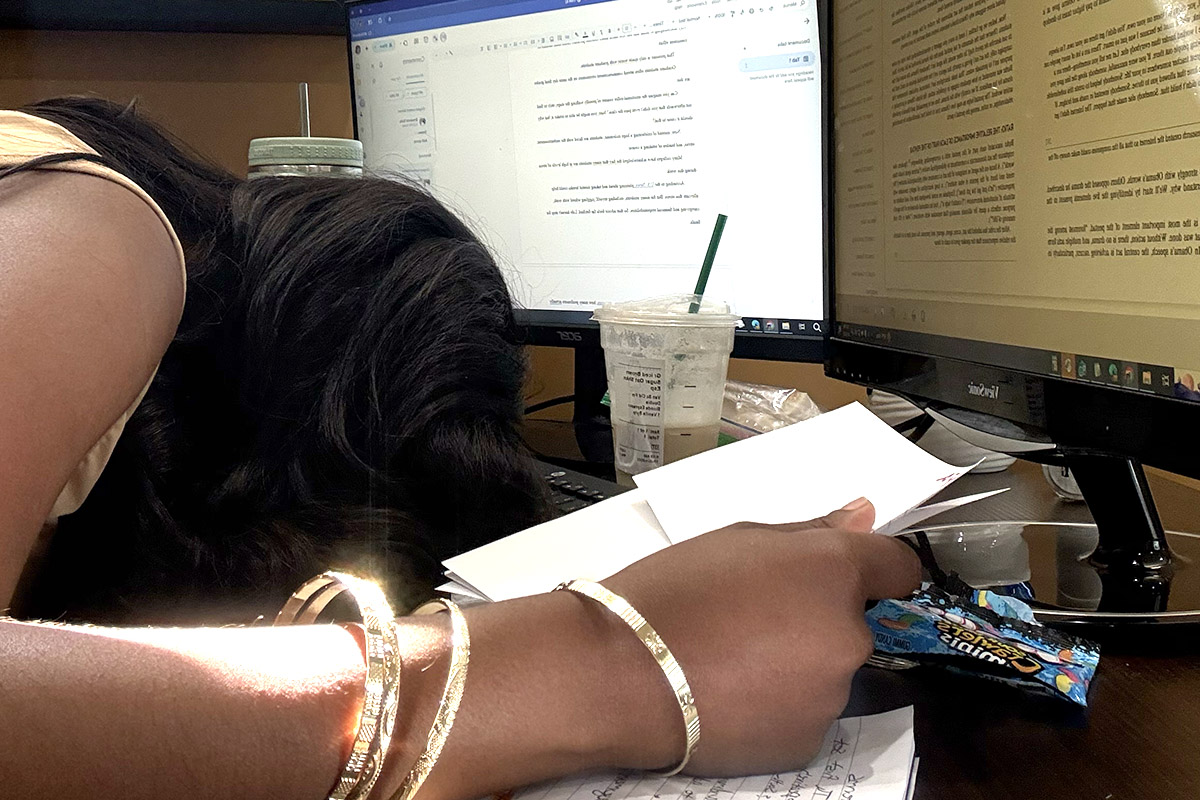By Andrea Mendez
Generation Z has outdone millennials’ YouTube challenges with their trendy ideas and that’s not a compliment.
TikTok was a comfort app that I used for mental breaks to escape from reality. Lately, though, the new and dangerous challenges that have been spreading need to be addressed and stopped as they are detrimental to the growth of current and future generations.
The number of new challenges and trends of lighthearted activities like singing and dancing created positivity for younger generations. But now, trends like assaulting staff members, ingesting protein powder or vandalizing property have gained more attraction — and this troubles me, as a member of Gen Z and moderate TikTok user.
It’s expected of us to be decent human beings and to act with morality, but we are clearly not meeting these expectations with recent trends.
“Slap a Teacher” is a challenge where students engage in assaulting faculty members. One 18-year-old student, who took this challenge too far, was arrested for battery against her 64-year-old disabled teacher.
The “Slap a Teacher” challenge is not the only disastrous trend Gen Z committed on school grounds.
“Devious Licks,” a challenge that spread throughout September, would showcase students filming their vandalization of school property for fame. It encouraged competition of stealing the most bizarre items, like toilets, stalls and sinks from their school. It reached the point where some schools had $10,000 plus dollars worth of damage.
Luckily, this challenge was banned from the platform before it could transpire into something worse but the damage has already been done.
The consequences from this challenge resulted in the closing of bathrooms and arrests of those who committed theft and property damage on school property.
Despite previous challenges that have taken place, it seems that TikTok users have learned nothing and are still engaging in dangerous trends.
“Dry Scooping,” similar to the “Cinnamon challenge,” influences individuals to swallow an excess amount of powder without drinking water.
The side effects of the “Dry Scooping” challenge have led to underlying health conditions for users.
Briatney Portillo, 20, TikTok influencer, did this challenge and was hospitalized with a heart attack. Portillo then posted her dissatisfaction with the challenge’s aftermath on TikTok and wished for others to not make the same mistake.
If only those who introduced the “Dry Scooping” challenge had the common sense to research the aftermath of the “Cinnamon” challenge, they could have prevented the damaging effects they brought onto themselves and other users.
The “Dry Scooping” challenge is not the only life-threatening TikTok trend.
The banned “Milk Crate” challenge influenced individuals to walk on unsteady milk crates shaped like a pyramid. The aftermath of this challenge is no surprise, many TikTok users who attempted this were inflicted with substantial injuries. These injuries ranged from concussions, paralysis and broken bones. It’s ridiculous that TikTok users would even attempt this challenge.
I honestly cannot fathom why we do this to ourselves because younger generations who use TikTok are mirroring us and the trends continue to worsen.
Challenges like teeth filing, sliding pennies between an electric socket and punching staff have unfortunately become the norm for the platform and its younger audience.
Like, come on, really? What happened to challenges like the ‘Renegade’ dance or showcase of workout growth that uplifted current and younger generations?
We need to prevent these challenges, through moderation, from becoming even more harmful to TikTok users. Moderation and safety regulations are crucial for the platform as it blocks these reckless trends from becoming accessible to younger users as they could be victims.
TikTok should also encourage its users to report life-threatening and self-incriminating challenges that promote wrongful behavior for the sake of gaining notoriety.
Our future generations are going to grow up observing what we have done in the past and should learn from our mistakes and ideas. Gen Z children and their kids are supposed to be the better versions of us, not our worst ideas made into reality.

